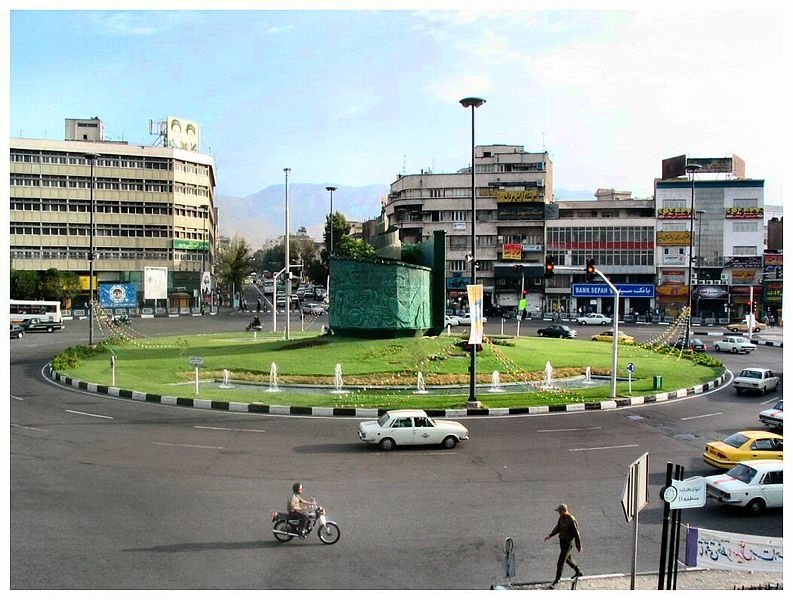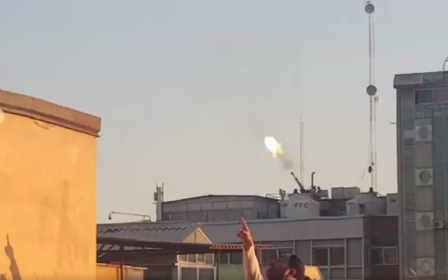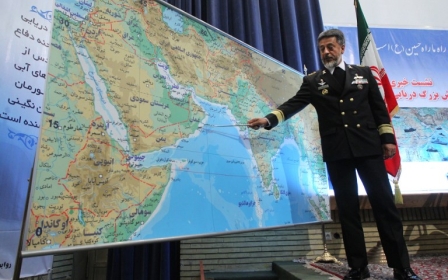Iran bans private drones from Tehran after device shot down

Iranian officials have banned the flying of all private drones over Tehran after two recent incidents led to one of the devices being shot down near the supreme leader's office.
"Based on a recent order regarding prevention of unlicensed flight by private drones, we have stopped these planes which had created security problems," said Revolutionary Guards General Alireza Rabii.
The order comes after two separate incidents of security forces opening fire on small camera drones flying over central Tehran.
The first one, owned by Iranian state television, was shot down in December for entering the "no-fly zone" over Enghelab square, which is near the offices of Iranian Supreme Leader Ayatollah Ali Khamenei, the president and several other state institutions.
Last month, anti-aircraft cannons were fired at another drone, footage of which was shared on social media. The unidentified drone left the area a few minutes later.
Rabii said media drones, equipped with cameras, had led some people to complain after the devices flew over their homes and disturbed their privacy.
The drones can film "sensitive, vital and important places," which may be exploited by the "enemy", he added.
Permits must be obtained to operate drones, he said, adding that authorisation would not be given to individuals.
The use of camera drones has significantly increased in Iran in recent years.
They are mostly operated by photography studios, advertising agencies, filmmakers and aviation enthusiasts.
New MEE newsletter: Jerusalem Dispatch
Sign up to get the latest insights and analysis on Israel-Palestine, alongside Turkey Unpacked and other MEE newsletters
Middle East Eye delivers independent and unrivalled coverage and analysis of the Middle East, North Africa and beyond. To learn more about republishing this content and the associated fees, please fill out this form. More about MEE can be found here.




